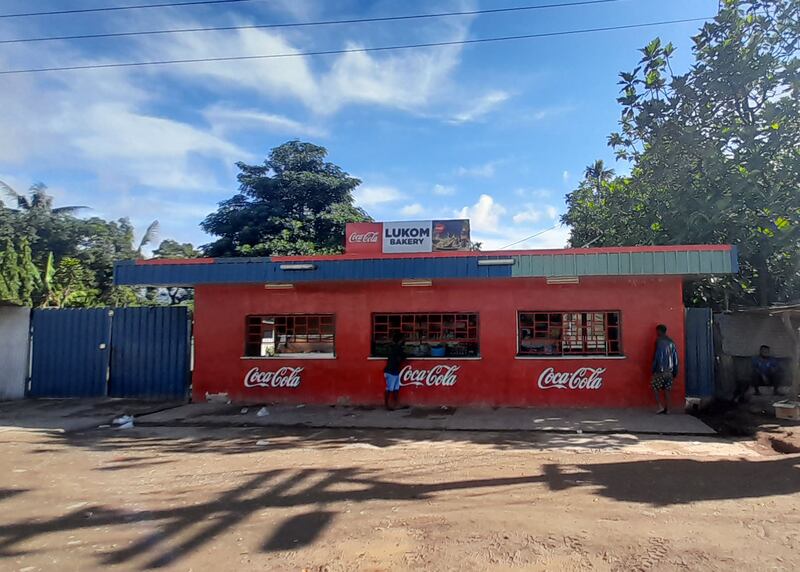Papua New Guinea’s parliament passed a law intended to prevent foreigners from operating small businesses that are reserved for indigenous Papua New Guineans.
Lawmakers on Wednesday unanimously voted in favor of the updated investment law. It includes measures to ensure locals remain in control of businesses such as general stores and taxi and bus services without discouraging other foreign investment.
It followed a public outcry that local businesses face increased competition from Asian migrants. Papua New Guinea’s population is almost entirely indigenous Papuans, with small numbers of Australians, Bangladeshis, Filipinos, Chinese and other nationalities.
“It’s time our people [sat] in the driver’s seat,” said Prime Minister James Marape. The law is a step toward clearly ring fencing businesses that only Papua New Guineans can participate in, he said.
Dozens of business activities, from small-scale farming to owning a security guard company, are reserved for citizens under Papua New Guinea’s 1992 Investment Promotion Authority Act, but the law has lacked monitoring and enforcement.
The updated law aims to improve compliance so local businesses are protected while still encouraging foreign investment in industries where Papua New Guinea, one of the poorest Pacific island countries, needs outside capital and expertise.
Darius Gogoi, a general store owner in Papua New Guinea’s capital Port Moresby, said the new law is long overdue.
“It took the government 31 years to come up with this bill to protect us from competing with foreigners doing the same business,” he said.
“For example, we are competing in running trade stores in the settlements,” he said, referring to the urban communities that have sprung up as more people move to towns from the country’s highlands.

Marape’s government has a policy of developing small- and medium-sized businesses for indigenous Papua New Guineans.
Uddin Ramin, a Bangladeshi expatriate who runs a store in Port Moresby’s 9 Mile settlement, said he leases it for 10,000 kina (U.S.$2,800) a month from a Papua New Guinean who was tired of relatives “always bothering him to give them money” for cultural obligations such as bride price and funeral expenses.
“We are here because the indigenous Papua New Guineans are not really competitive in running their own business,” said Ramin.
“So the law is good for indigenous Papua New Guineans to take ownership of their own business activities. But then they have to be committed and their relatives should be supporting them by not asking too much for financial assistance,” said Ramin, who has lived in Papua New Guinea for three years. He said his visa ends in September.
Babani Toea, a general store owner in Port Moresby, said an influx of foreigners running small businesses reflects local decisions.
“We built trade stores, but then we rent them out to foreigners to manage. That’s how we see foreigners running businesses that we were supposed to run,” he said.
